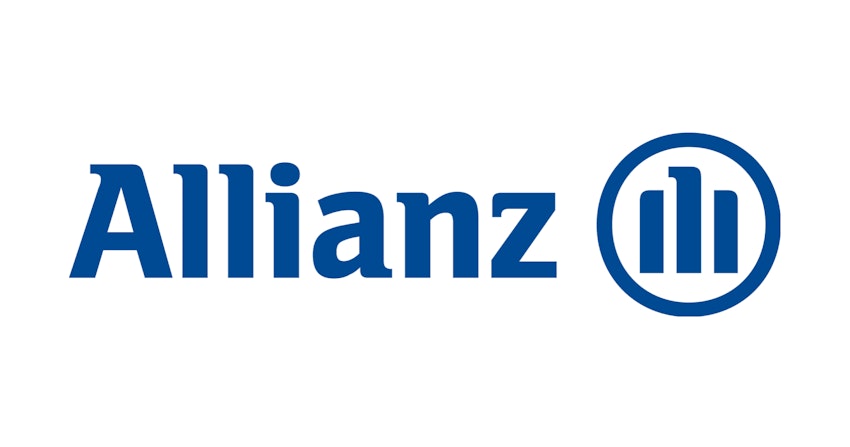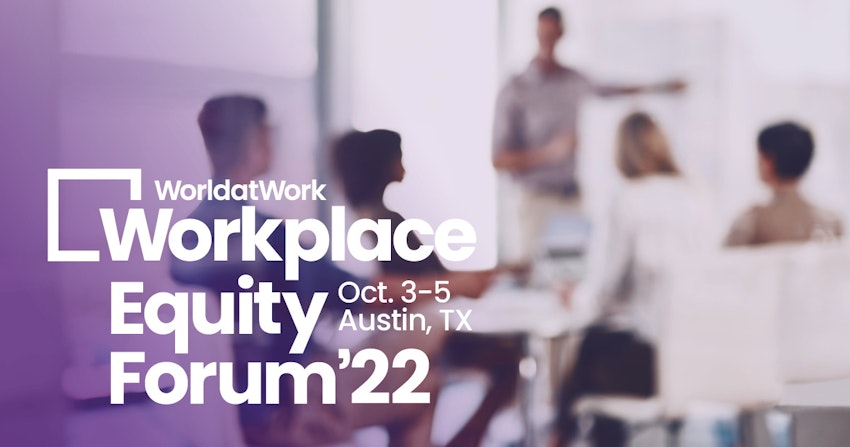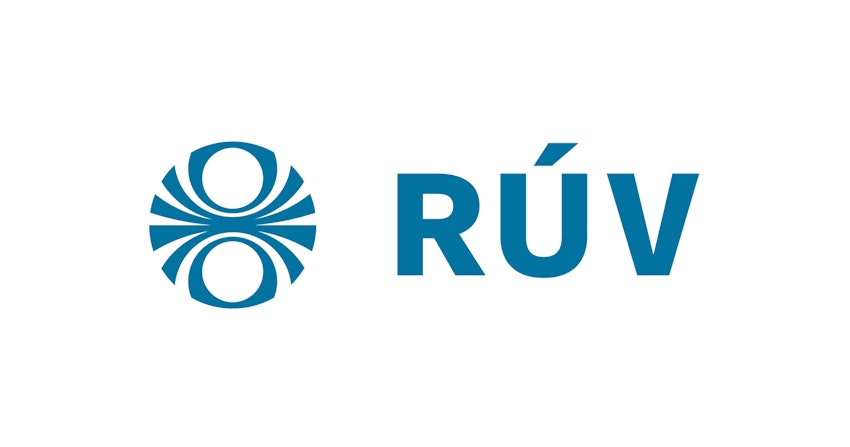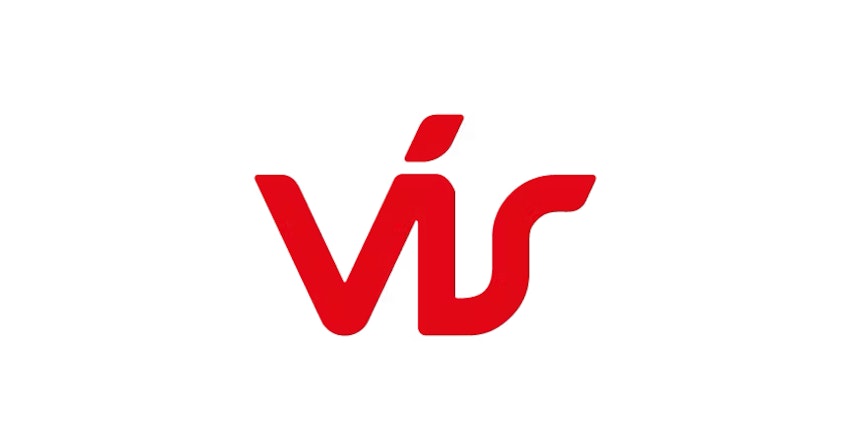
At PayAnalytics, we often talk about equal pay for work of equal value. Canada’s Pay Equity Act, implemented August 2021, takes a unique approach to achieving this objective. Typically, pay equity requirements focus on how men and women doing similar jobs are paid, but Canada now focuses on the value of the job to the employer.










